Therapy Animal ID Card is an official identification card that recognizes an animal’s status as a therapy animal. These animals offer emotional support and comfort to people in hospitals, nursing homes, schools, and other settings. Unlike service animals, therapy animals do not have the same legal protections and are not required to undergo specific training to perform tasks.
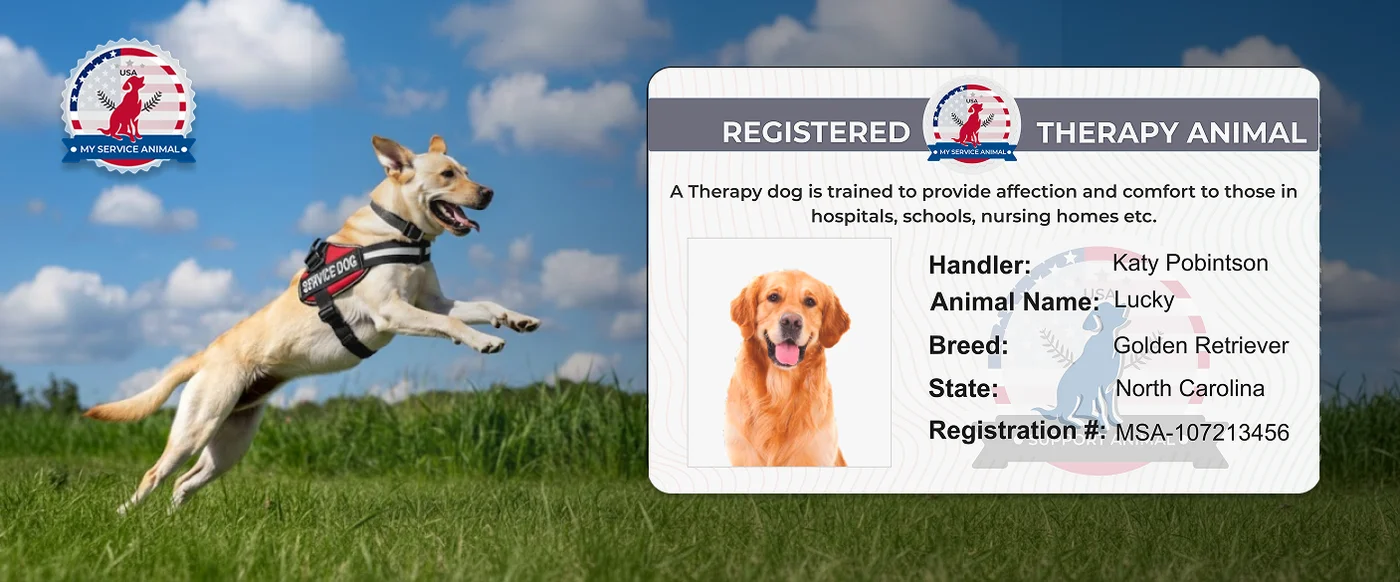

Therapy Animal Registration
Therapy animals are trained to provide comfort to other people in approved programs (schools, hospitals, nursing homes, rehab centers). Requirements vary by facility and state.
Typical eligibility: calm temperament, comfortable with strangers, tolerant of touch, steady behavior in busy environments. A handler disability or mental health letter is not required for therapy animal work.
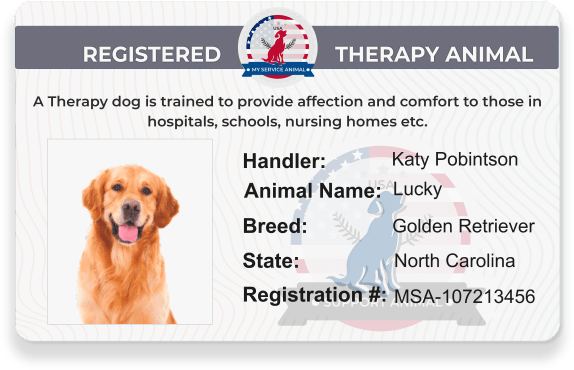



Where Therapy Animals Are Typically Welcome
After proper training and approval, therapy animals may participate in animal-assisted visits that support comfort, socialization, and stress relief.
- Hospitals & rehab centers
Comfort visits and recovery support. - Nursing homes & assisted living
Companionship and routine engagement. - Schools & community programs
Approved reading, wellness, and support programs.
Important: Therapy animal ID is for identification and program coordination. It does not grant Service Dog public access rights, flight access, or fee-free housing.
Common Therapy Animal Roles
- Visitation therapy
Facility visits with a handler. - Animal-assisted therapy
Supports structured sessions with professionals. - Facility-based therapy
Resides at a facility as part of an ongoing program.
Trusted Nationwide
- 300k+ handlers trust us
Trusted by teams across the U.S. - 7+ years of experience
Reliable support and fast processing. - No hidden fees
Clear pricing at checkout.




Therapy Animal Rules
There is no single federal law that gives therapy animals the same rights as Service Dogs. Access is typically granted by the facility or program based on their policies and requirements.
- Facilities set the rules
Vaccines, grooming, behavior checks, and program approval may be required. - Different from Service Dogs & ESAs
Therapy animals are not covered by ADA public access rules.
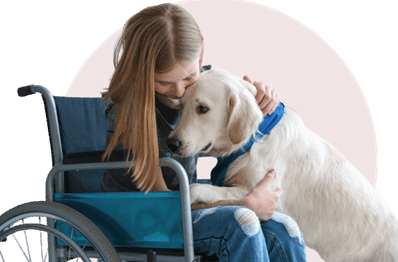

Who Can Register a Therapy Animal?
Anyone can register, but a legitimate therapy animal should be trained and suitable for structured visits. Some programs may require additional screening or certification.
How Therapy Animals Help
- Comfort & stress relief
Helps people feel calmer and more supported. - Social engagement
Makes interaction easier in group settings. - Emotional support during recovery
Common in medical and rehabilitation environments.
Therapy Animal vs Emotional Support Animal
- Therapy Animals
Support other people in approved programs; no public access, flight, or housing rights. - Emotional Support Animals (ESAs)
Support the handler; housing accommodations may require proper documentation.
How to Register a Therapy Animal
- Enter handler and animal details (name, type, breed).
- Upload a photo (optional; you can send it after checkout).
- Checkout and receive your digital record link.
Registration includes a physical ID card plus an online verification page at https://myserviceanimal.org/id-confirmation/.
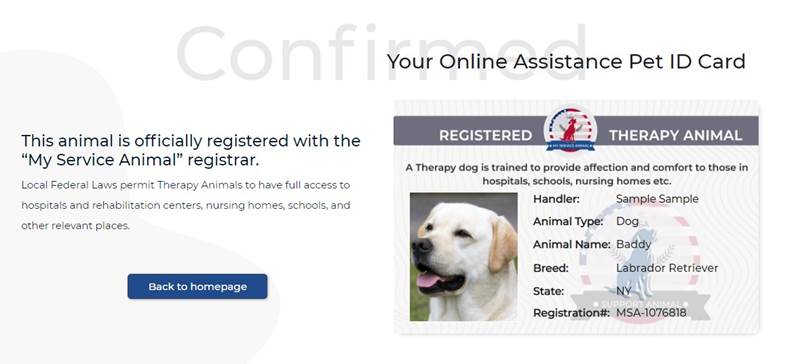

Helpful Add-Ons
We don’t offer therapy-specific accessories. If you want clearer identification in day-to-day settings, you may use ESA-style accessories.
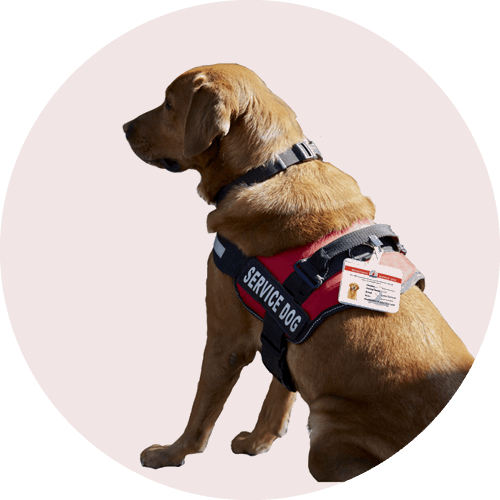

- Emotional Support Animal ID
Optional ID for clear identification. - Housing Accommodation Request
For disability-related housing requests. - Animal Accessories
Vest, leash, collar, bandana, tags.
For a complete setup, explore the Full ESA Registration Bundle.
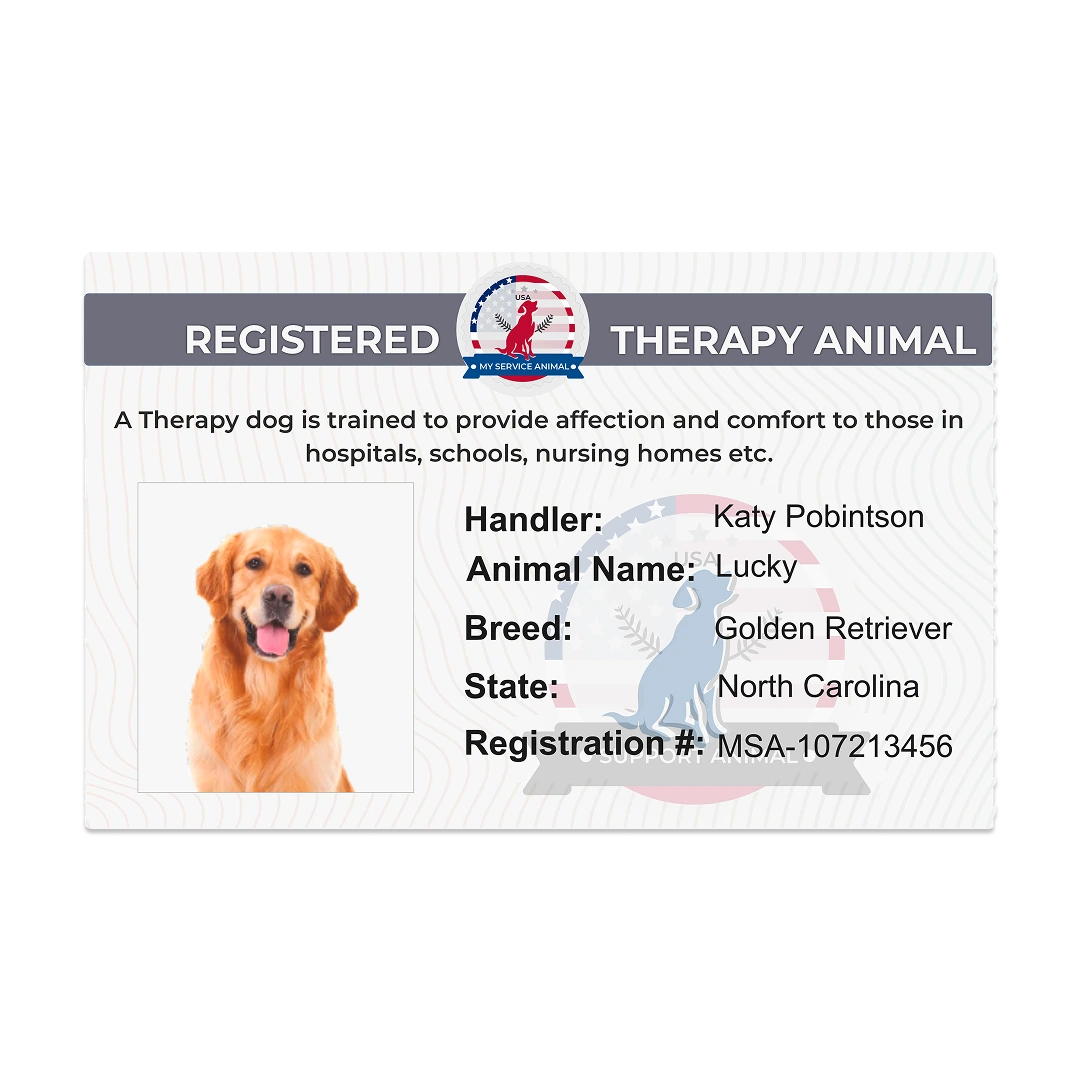

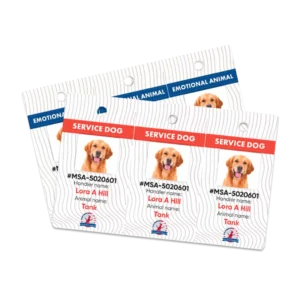
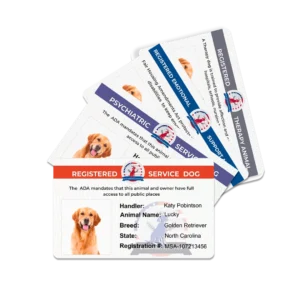
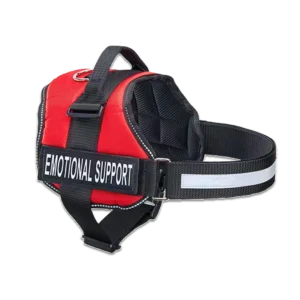

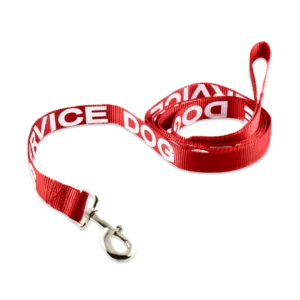


Linda Goodson –
Very good
Emma –
Fast delivery, nice quality of the ID card. My first experience, so I have nothing to compare it with. But I am very happy with the service!
Bob –
My dog can now visit hospitals and nursing houses with me, I am so happy about it! Thank you, My Service Animal, for your work)))
Dan –
Great quality of the products, I’m very happy with everything I ordered. I think I will buy here again in the future. Good job!
Oliver –
Nice job, I’m really satisfied. Thank you, My Service Animal!
zoritoler imol –
I am impressed with this website , real I am a fan.
Jerry –
I have nothing bad to say about this company, everything is great
Lucy N. –
I didn’t know my dog could become an official therapy dog, that’s so great! Now I can finally fulfill all my goals. Thank you for the fast registration.